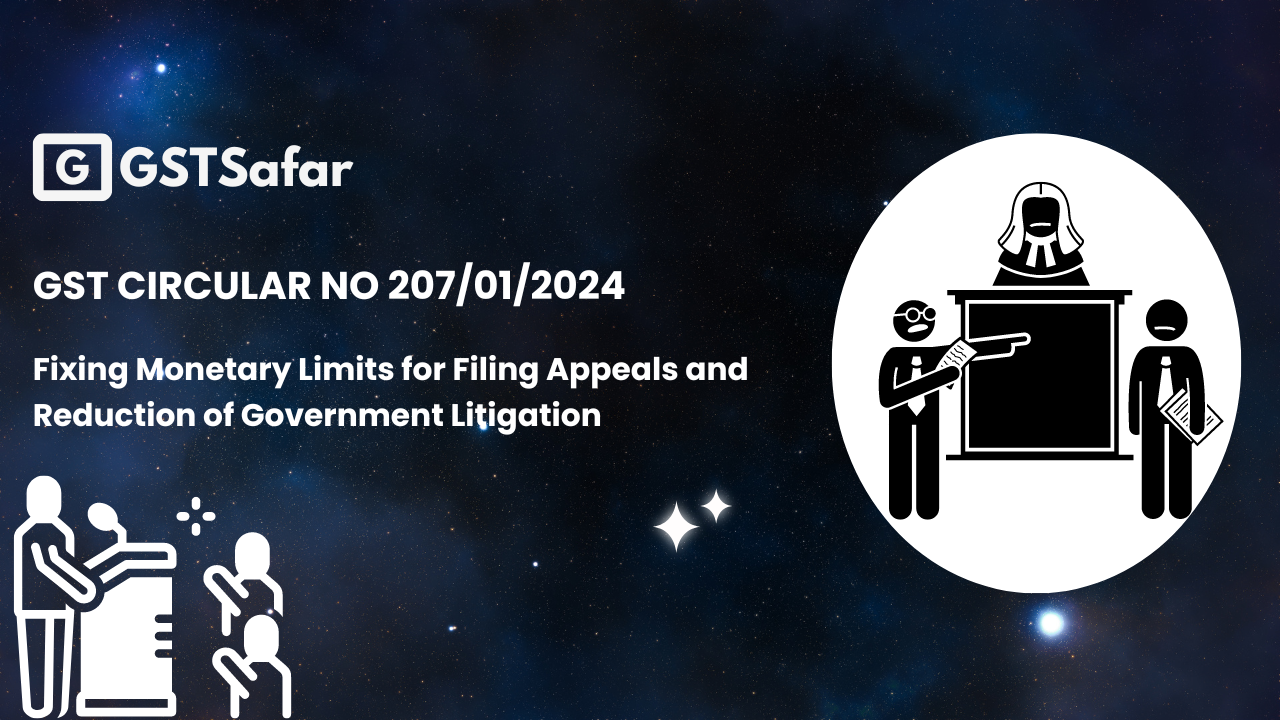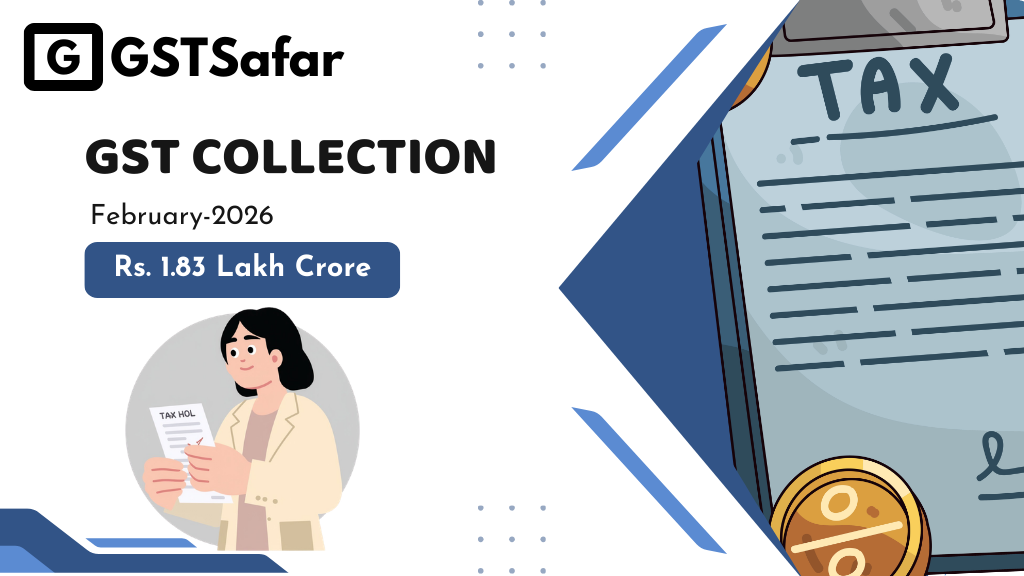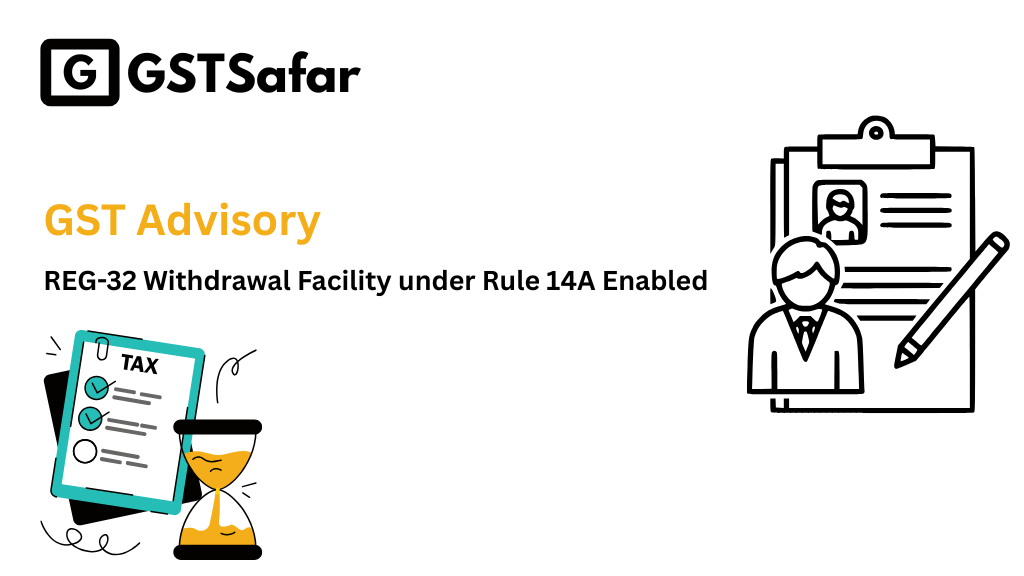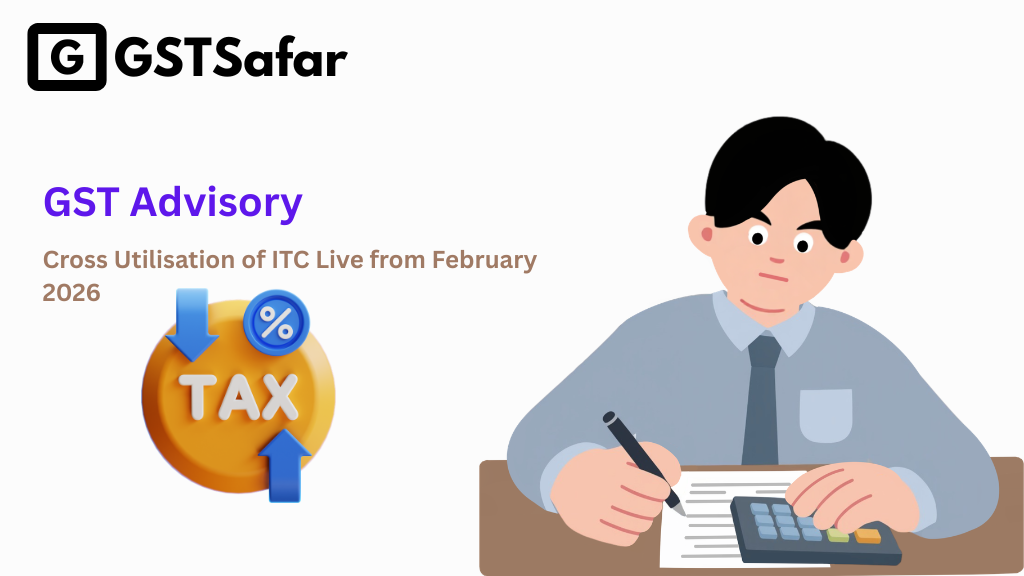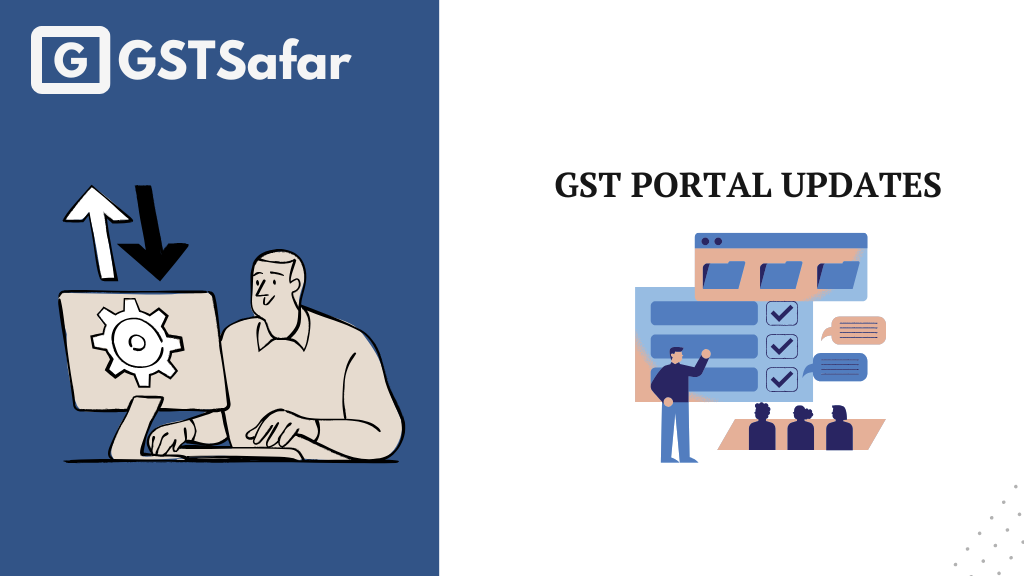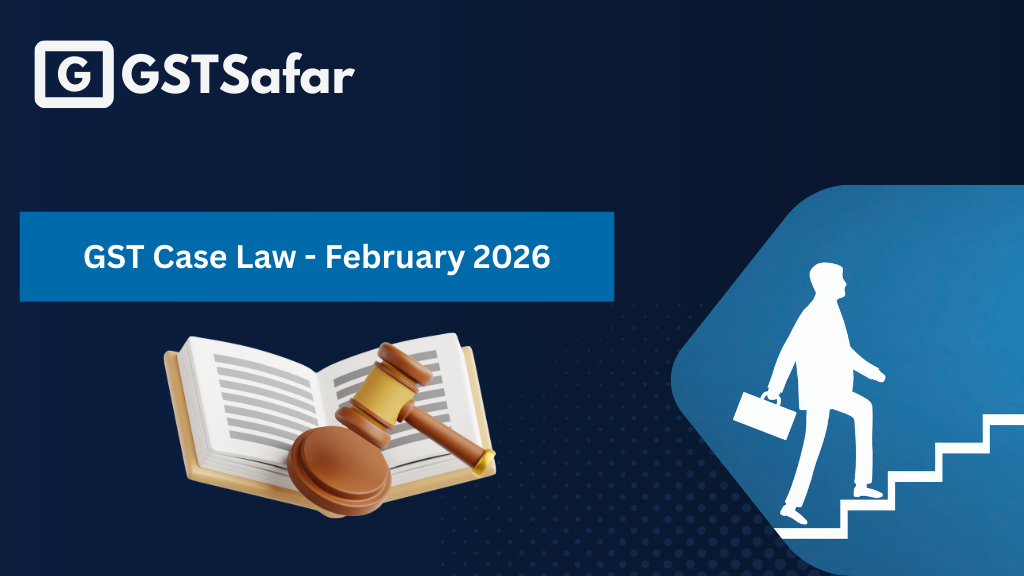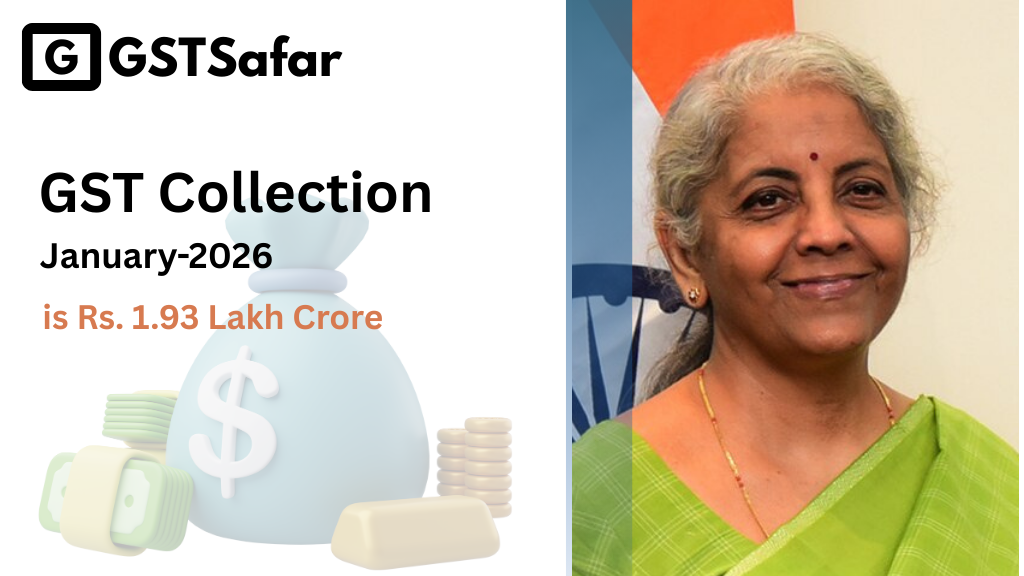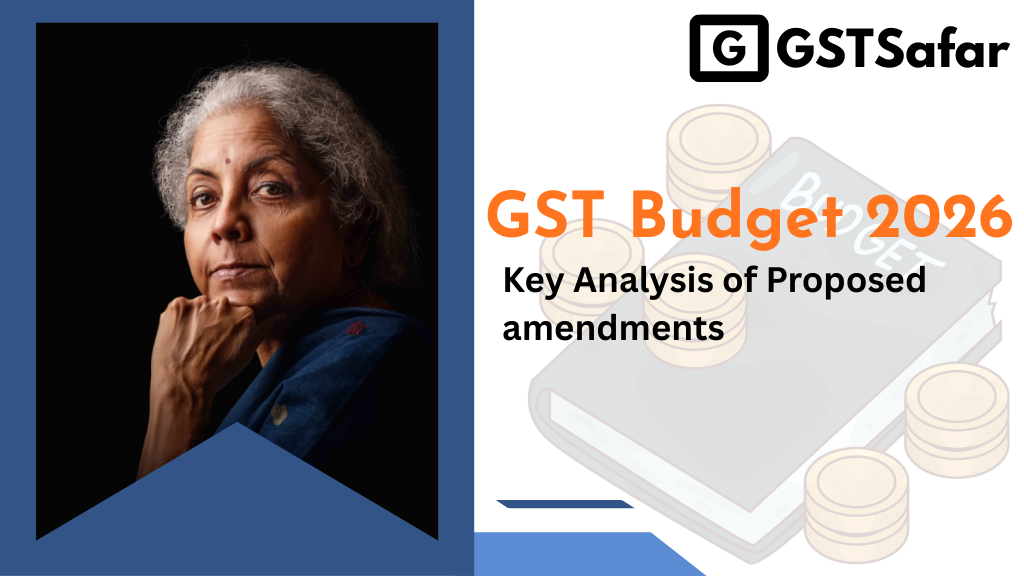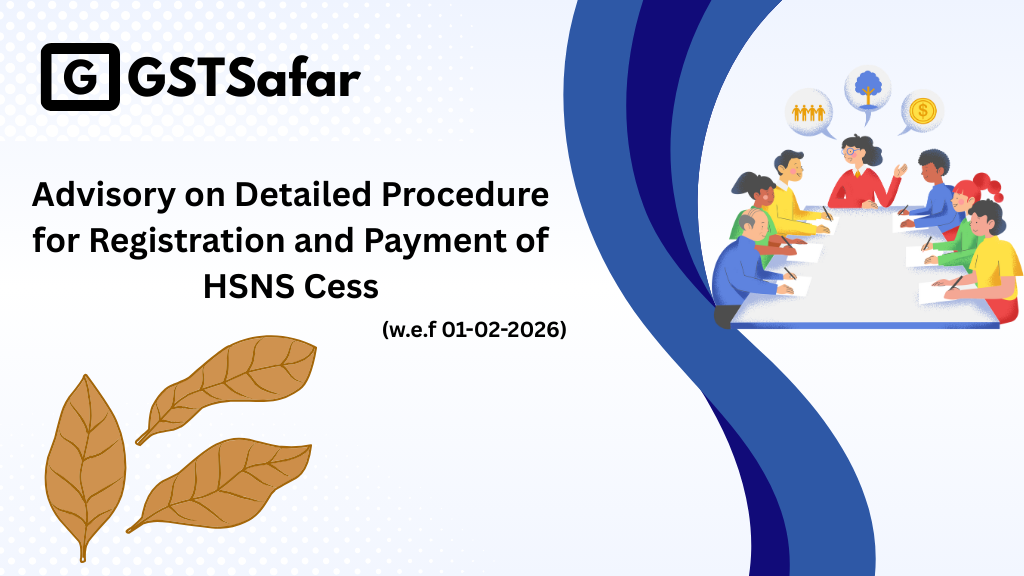Summary of Fixing Monetary Limits for Filing Appeals and Reduction of Government Litigation
The Government has Fixing Monetary Limits for Filing Appeals and Reduction of Government Litigation by issuing Circular No 207/1/2024 dated 26-06-2024. This Policy mandates that, where the amount of money involved is below a certain limit the appeal should not be filed. This helps avoid wasting time and effort on smaller matters. Further, this policy discourage filing appeals when there are existing rulings from Tribunals or High Courts that have already settled the issue, specifically, if those things have not been challenged in the Supreme court. The Goal is to avoid unnecessary legal disputes when the law is already clear.
Main Parts of the Circular No 207/01/2024
- Setting Monetary Limits
- Principles to be considered to determine the limit to file appeals
- Exclusion for determining monetary limits for filing appeal
1. Setting Monetary Limits
The Government has set following monetary limits which involves minimum amounts of money involved in a case for which Central Tax officer can file appeals or applications such as
- Appeals to GSTAT
- Appeals to High Court
- Special leave petitions to Supreme Court.
| Appellate Forum | Monetary Limit (amount involved in Rs.) |
| GSTAT | 20,00,000/- |
| High Court | 1,00,00,000/- |
| Supreme Court | 2,00,00,000/- |
If the amount involved in the case is below the set limits, the tax officer are not allowed to file appeals or other legal actions. However, there are some exceptions where officer may still file appeals evenif the amount is below the limit.
2. Principles to be considered to determine the limit to file appeals
- While determining whether a case falls within the above monetary limits or not, the following principles are to be considered:
- Where the dispute pertains to demand of tax (with or without penalty and/or interest), the aggregate of the amount of tax in dispute (including CGST,SGST/UTGST, IGST and Compensation Cess) only shall be considered while applying the monetary limit for filing appeal.
- Where the dispute pertains to demand of interest only, the amount of interest shall be considered for applying the monetary limit for filing appeal.
- Where the dispute pertains to imposition of penalty only, the amount of penalty shall be considered for applying the monetary limit for filing appeal.
- Where the dispute pertains to imposition of late fee only, the amount of late fee shall be considered for applying the monetary limit for filing appeal.
- Where the dispute pertains to demand of interest, penalty and/or late fee (without involving any disputed tax amount), the aggregate of amount of interest, penalty and late fee shall be considered for applying the monetary limit for filing appeal.
- Where the dispute pertains to erroneous refund, the amount of refund in dispute (including CGST, SGST/UTGST, IGST and Compensation Cess) shall be considered for deciding whether appeal needs to be filed or not.
- Monetary limit shall be applied on the disputed amount of tax/interest/penalty/late fee, as the case may be, in respect of which appeal or application is contemplated to be filedin a case.
- In a composite order which disposes more than one appeal/demand notice, the monetary limits shall be applicable on the total amount of tax/interest/penalty/late fee, as the case may be, and not on the amount involved in individual appeal or demand notice.
3. Exclusion for determining monetary limits for filing appeal
There are certain exceptions where these limits does not apply. In these exceptional situations the decision to file appeal will be based on the merits of the case, evenif the amount involved is below the monetary limits.
- Where any provision of the CGST Act or SGST/UTGST Act or IGST Act or GST (Compensation to States) Act has been held to be ultra vires to the Constitution of India; or
- Where any Rules or regulations made under CGST Act or SGST/UTGST Act or IGST Act or GST (Compensation to States) Act have been held to be ultra vires the parent Act; or
- Where any order, notification, instruction, or circular issued by the Government or the Board has been held to be ultra vires of the CGST Act or SGST/UTGST Act or IGST Act or GST (Compensation to States) Actor the Rules made thereunder;or
- Where the matter is related to –
a. Valuation of goods or services; or
b. Classification of goods or services; or
c. Refunds; or
d. Place of Supply; or
e. Any other issue,
which is recurring in nature and/or involves interpretation of the provisions of the Act /the Rules/ notification/circular/order/instruction etc; or - Where strictures/adverse comments have been passed and/or cost has been imposed against the Government/Department or their officers; or
- Any other case or class of cases, where in the opinion of the Board, it is necessary to contest in the interest of justice or revenue.
Important clarifications
- The appeal will not be filed only on the bases of monetary limits, but it will also considered merit of the cases. The main goal should be remembered by the officer of reduction of unnecessary legal cases.
- If the tax department decides not to file an appeal based on the lower monetary limits it doesnt mean the department agrees with the decision in such case. These cases will not be treated as precedents for future case.
- If the department decides not to file an appeal in one case due to lower monetary limits, they are still allowed to appeal in similar case where the tax amount is more or where the important legal principles are involved.
- The Tax officers do not automatically follow the previous ruling if they were not appealed due to the monetary limit rather than because the department accepted the legal ruling.
- If the tax department decides not to file an appeal due to lower monetary limits, the department representative handling similar case in GSTAT or court must inform the court about the department did not appeal in earlier cases only because the amount involved was below the set limit
- The earlier decision was not accepted by the deparment and no one should assume the department agreed with ruling.
- The representative should make sure that the court understands this by pointing out section 120(4) of CGST Act,2017 which clarifies that decisions in cases where appeals were not filed should not be considered final or binding on the department.
Download –Circular-No-207-01-2024
